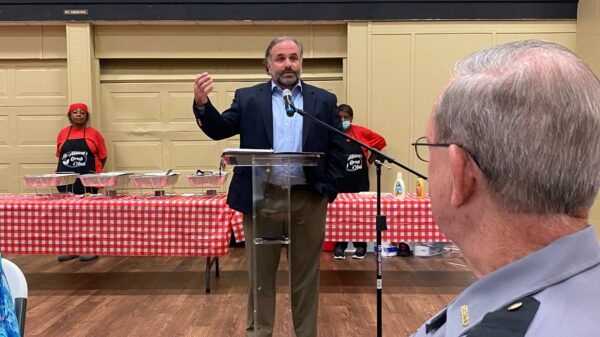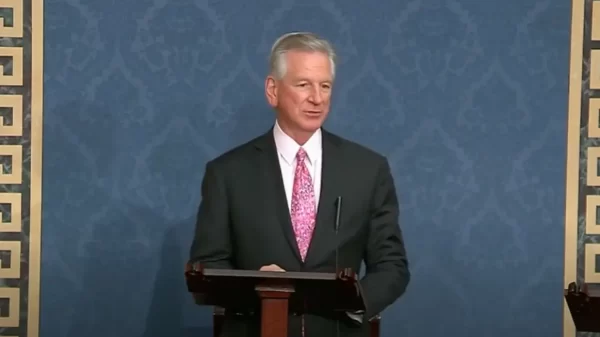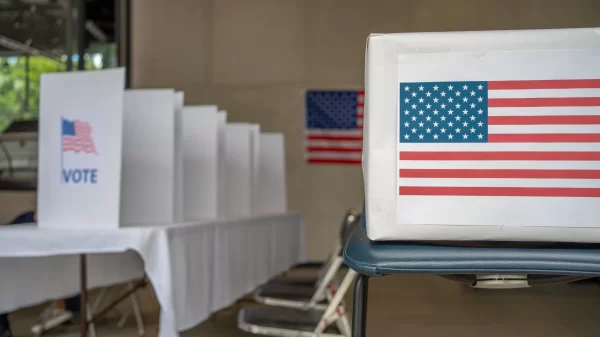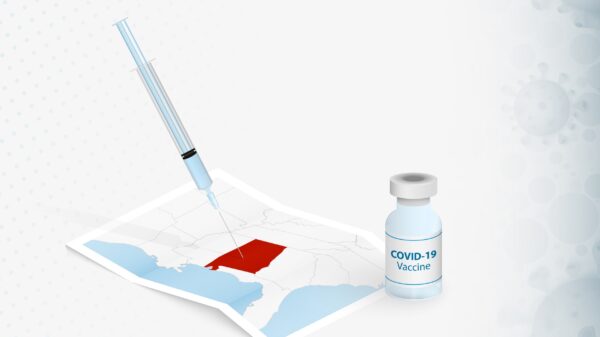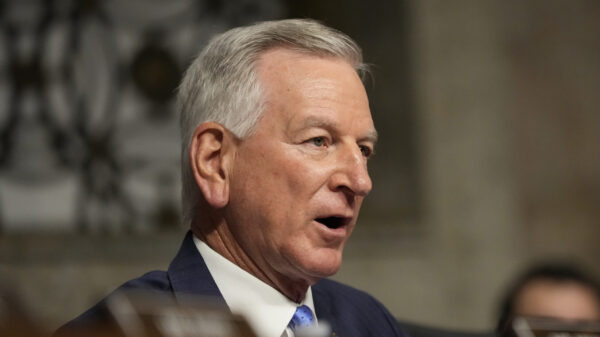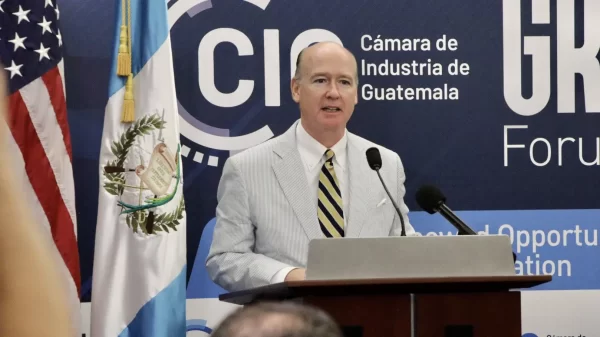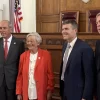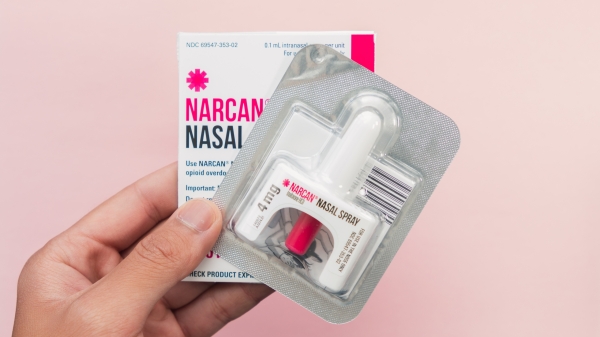Birmingham area hospitals applaud Governor Ivey’s recent extension of the statewide Mask Order. We also encourage residents of Jefferson County and all across Alabama to continue their vigilance in taking every precaution possible to minimize the spread of COVID.
The initial COVID surge during the summer months stressed our healthcare system, but the drastic increase in confirmed COVID cases, hospitalizations, and deaths over the last few weeks is significantly more concerning. Currently, more than 600 COVID patients are being cared for in area hospitals, which is a 50 percent increase over the maximum number of patients we saw over the summer. And, the numbers continue to rise. We are just starting to see the effects of the Thanksgiving holiday and are concerned about the coming holidays, where people are more likely to gather indoors.
[visual-link-preview encoded=”eyJ0eXBlIjoiZXh0ZXJuYWwiLCJwb3N0IjowLCJwb3N0X2xhYmVsIjoiIiwidXJsIjoiIiwiaW1hZ2VfaWQiOjAsImltYWdlX3VybCI6IiIsInRpdGxlIjoiRWRpdG9yJ3MgTm90ZToiLCJzdW1tYXJ5IjoiVGhpcyBpcyBhbiBvcGVuIGxldHRlciBzaWduZWQgYnkgc2V2ZXJhbCBCaXJtaW5naGFtLWFyZWEgaG9zcGl0YWxzLiIsInRlbXBsYXRlIjoidXNlX2RlZmF1bHRfZnJvbV9zZXR0aW5ncyJ9″]
Across the community, our ICU units are filling to capacity. We are having to convert hospital units to COVID units and divert resources to care for COVID patients who desperately need care. As more COVID patients fill our hospital beds, our ability to care for those with other healthcare needs is compromised.
Not only are we facing spacing challenges, but we are experiencing staffing challenges as well. Across the community, almost 500 of our own hospital staff members are unable to work due to COVID related-issues. The staff who are able to work are facing longer hours with an increased workload. Caregivers are tired and overstressed. Trying to balance staffing shortages alongside space constraints is becoming increasingly problematic and detrimental to our ability to care for all of the many additional medical needs and conditions in our community.
Given the high level of community spread, our hospitals need the public’s help in stopping the spread of COVID. Now more than ever, the community has truly become the front lines in the fight against this pandemic. We know a lot has been asked of you thus far, but we desperately need your help. We know that masking, social distancing, and hand washing will help us ensure that we have the resources to care for the patients who are most in need. These things are easy to do and help curb the spread of illness, while allowing us to keep vital businesses operating and our economy strong.
But even more is needed at this moment to reduce community spread.
We urge you to reconsider large family holiday gatherings during this time. Please consider avoiding travel and not mixing households. Even small gatherings of more than one household have proven deadly. Grab takeout to support a local business and eat at home with your immediate family. Set up virtual group gatherings to celebrate this holiday season so we can gather with all of our loved ones next year and not potentially lose them now to this virus. You can help us better care for our community. We implore you to help us in this fight.

